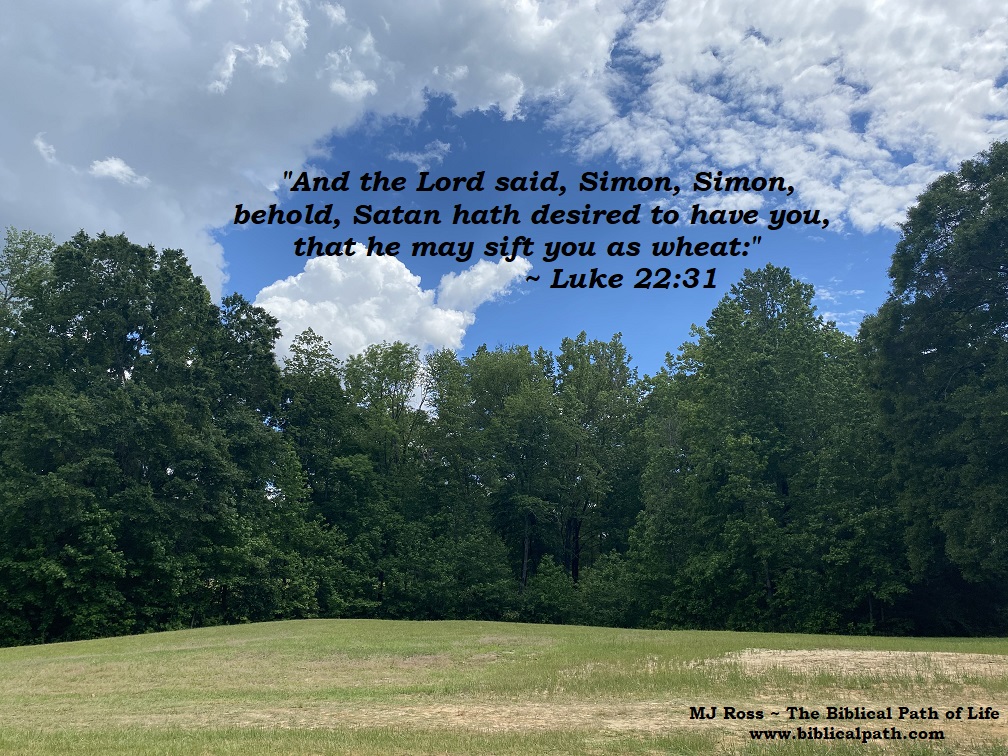
“For the LORD knoweth the way of the righteous: but the way of the ungodly shall perish”
Psalm 1:6
As you read through Israel’s history during the divided kingdom, one cannot help but notice how important it is to God that He be kept first in one’s life and even in the nation. At any point in Israel’s history, the kings could have sought God (remember the prophets constantly preached for the people to seek God!). The kings of Israel could have remembered God’s laws and commandments — and kept them. Instead, we read that they continued in the sin of Jeroboam I, who made Israel to sin. When the kings led the people to sin against God, He sent prophets to cry out to seek God; to return to Him. However, because they did not, the nation was not in favor with God. Read the following verses to remember this: “1. My son, forget not my law; but let thine heart keep my commandments: 3. Let not mercy and truth forsake thee: bind them about thy neck; write them upon the table of thine heart: 4. So shalt thou find favour and good understanding in the sight of God and man” (Proverbs 3:1, 3–4).
As you continue reading through the history of Israel, keep in mind that none of the kings of Israel were considered good because they led Israel to sin against God. Read what is recorded in Proverbs that they should have known: “He that diligently seeketh good procureth favour: but he that seeketh mischief, it shall come unto him” (Proverbs 11:27). Because they sought mischief, they got it. Mischief means: “bad; wicked; evil; of inferior quality.”
Since we are to learn from history, we must notice the progression of sin in the nation Israel. One of the best examples of this progression is in Psalm 1. “Blessed is the man that walketh not in the counsel of the ungodly, nor standeth in the way of sinners, nor sitteth in the seat of the scornful” (Psalm 1:1). Recognize what we are NOT to do: First, walk with sinners, then stop and talk with them, and finally to sit with them. Understand that desiring sin and walking with sinners begins with lust. Lust means “a strong desire; a longing; to satisfy carnal appetites.” Read what James 1:14–15 says, “14. But every man is tempted, when he is drawn away of his own lust, and enticed. 15. Then when lust hath conceived, it bringeth forth sin: and sin, when it is finished, bringeth forth death.”
Instead, read on in Psalm 1 to learn what one should do. “2. But his delight is in the law of the LORD; and in his law doth he meditate day and night. 3. And he shall be like a tree planted by the rivers of water, that bringeth forth his fruit in his season; his leaf also shall not wither; and whatsoever he doeth shall prosper” (Psalm 1:2-3). Understand what happens when one does not do as one should. “4. The ungodly are not so: but are like the chaff which the wind driveth away. 5. Therefore the ungodly shall not stand in the judgment, nor sinners in the congregation of the righteous. 6. For the LORD knoweth the way of the righteous: but the way of the ungodly shall perish” (Psalm 1:4-6).
Remember the turning point in the nation Israel, the point from which they did not return: when they refused to hear the Word of the Lord from the prophets of God. Even with all of the warnings, we found they did not return to God, but “… walked in the statutes of the heathen …” (2 Kings 17:8). God had no choice but to fulfill His promise of discipline and judgment upon His people.
As we have learned, the Israelites sinned against God when they forsook Him and worshiped creatures (golden calves, Baal, etc.). They also walked in the ways of the heathen (the wicked and idolatrous nations around) instead of walking in God’s Laws and statutes they had been taught. Notice that in the New Testament, Paul preached to people in the same condition. He warned that the wrath of God would fall upon those who knew the truth, but did not live it out in their lives: “18. For the wrath of God is revealed from heaven against all ungodliness and unrighteousness of men, who hold the truth in unrighteousness; 19. Because that which may be known of God is manifest in them; for God hath shewed it unto them. 21. Because that, when they knew God, they glorified him not as God, neither were thankful; but became vain in their imaginations, and their foolish heart was darkened. 22. Professing themselves to be wise, they became fools … 24. Wherefore God also gave them up to uncleanness through the lusts of their own hearts … 25. Who changed the truth of God into a lie, and worshipped and served the creature more than the Creator, who is blessed for ever. Amen” (Romans 1:18–19, 21-22, 24–25).
What should we learn from Israel’s obstinacy? When we know the truth and what is right, we should do it. “Therefore to him that knoweth to do good, and doeth it not, to him it is sin” (James 4:17). Seek God if one is not sure — remember Amos’ plea, “Seek the LORD, and ye shall live …” (Amos 5:6). We should never sin away our lives — as Israel did. For, “… There is a sin unto death …” (1 John 5:16).
The following is an important question for each Christian to consider:
Have you searched your heart to see if you are guilty of knowing the way of righteousness, yet not living in the truth of it?








